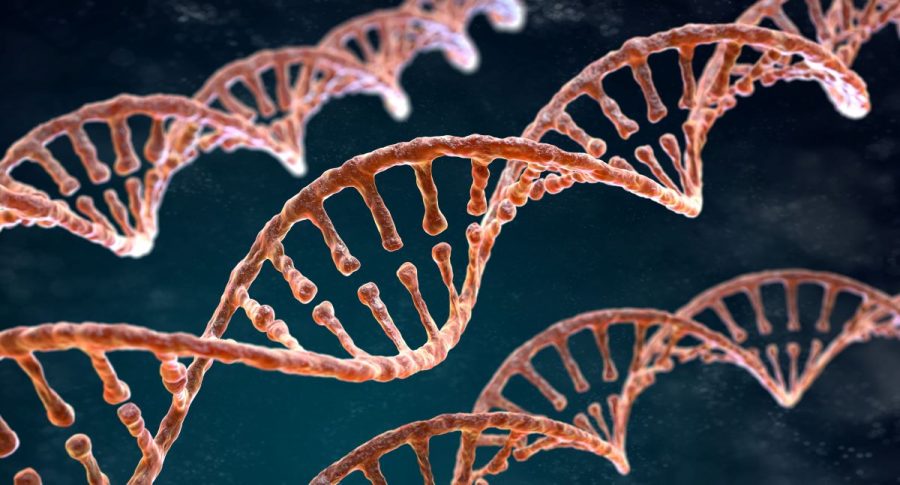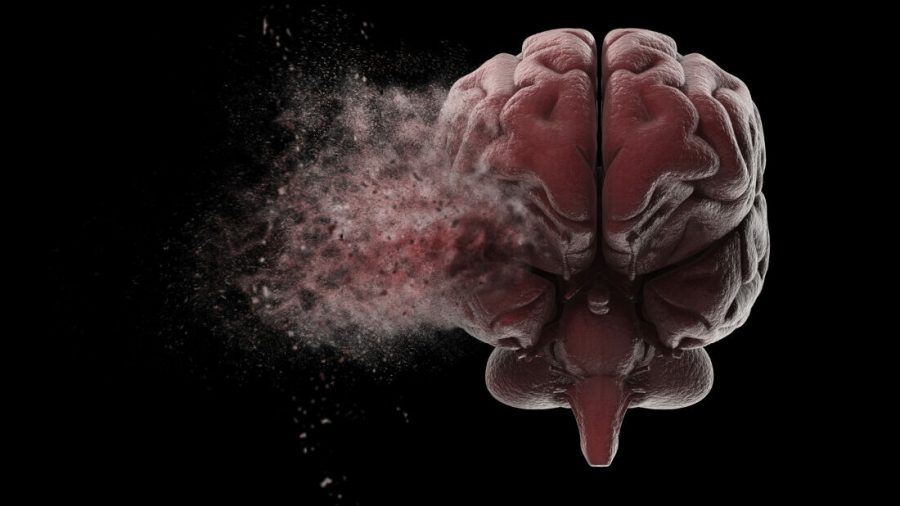Born in 1928 in St. Louis, Missouri, Maya Angelou spent the majority of her teenage years in Stamps, Arkansas. In the 1930s to 1940s, just before the civil rights movement, African Americans in Stamps, Arkansas experienced the infamous brutality and discrimination associated with southern states. Even though Angelou faced many obstacles – racial discrimination, sexual abuse, single-parenting and poverty, just to name a few – she found success, receiving over 50 honorary doctorate degrees and publishing 36 books, with 30 as best-sellers.
My first introduction to Maya Angelou’s works came from the Facebook page of Humans of New York. Alongside a portrait shot of a woman holding Angelou’s I Know why the Caged Bird Sings were words of admiration; the woman expressed her awe towards Angelou’s accomplishments, including becoming a Nobel laureate, despite being a victim of incest and rape. Upon further research, I came across this quote; “I’ve learned that people will forget what you said, people will forget what you did, but people will never forget how you made them feel.”
Although at first sight, I loved how it expressed the power of human connection, I didn’t quite understand what Angelou meant by stating that words and actions would be forgotten at one point in time. I can remember the looks of disappointment and similarly, the bright smiles of happiness. I can recall harsh and hurtful words along with words of gratitude and joy. But then again, I can’t.
Usually when recapping an event, the phrase, “or something like that” is tacked onto the ends of my attempts to relay someone else’s words. Even when I shuffle through my memories, I can’t tell you with one-hundred percent certainty what everyone was doing. Of course, I remember the general gist of everything, but do I really remember every single word or every single facial expression or even all the events leading up to the memory? No, I don’t.
When it comes down to it, the only reason that memory is still stuck in my head is because of what I felt, whether it was desolation or elation or anything in between.
I can tell you of the loneliness I felt years ago when my group of friends split into two and became enemies with one another, but I can’t tell you what caused this chasm between all of us. Recalling the frustrated words my sister threw at me when I attempted to comfort her comes with great difficulty, but the feeling of rejection and helplessness still sticks with me, creating its permanent home in my heart. The hints of bliss and peace that resulted from a family vacation two months ago still reveals itself here and there, ready to be uncovered at any second.
Sticks and stones may break my bones, but words can shatter my soul. Words and actions hold the power the weave through mind and establish a multitude of feelings on all ends of the spectrum. The words and actions themselves eventually fade into blurry oblivion, but those emotions dig their graves in my heart and become ghosts in my soul.
Instead of unconsciously sending destructive tendrils into the hearts of others, be aware of the power you hold. The emotions of a human are fragile and precious. This isn’t to say that people should constantly shower others with words of praise that hold no genuine value. Being on the receiving end of such hollow words is also hurtful. Make each and every one of your words count. Understand the power you hold with your actions and realize that you have the power to harm or help the souls of those around you.
By Alice Yu
Categories:
Sticks and stones and ghosts in my soul
October 23, 2014
0
Tags:
- Alice Yu
- Alice Yu Bearing News
- bearingnews quote blog
- blog about quotes
- I’ve learned that people will forget what you said people will forget what you did but people will never forget how you made them feel.
- Maya Angelou I've learned that people will forget
- Maya Angelou I’ve learned that people will forget what you said people will forget what you did but people will never forget how you made them feel.
- Sticks and stones and ghosts in my soul
More to Discover


















































































